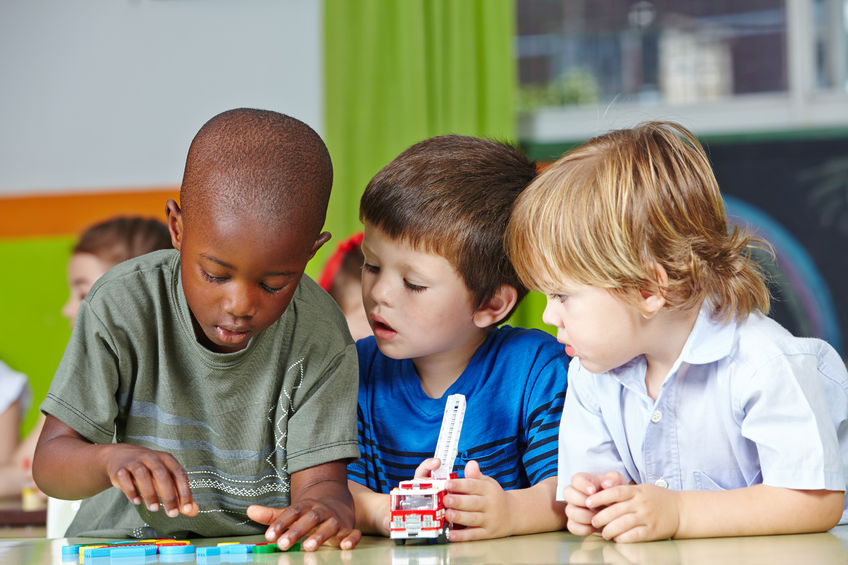Parenting is a delicate balance between nurturing and letting go. While every parent wants to protect their child from harm, too much protection can inadvertently hinder their growth. On the other hand, granting too much independence without guidance may expose children to risks they are not ready to handle. The question then arises: how do parents strike the right balance between safeguarding their children and fostering independence?
Understanding Overprotection
Overprotection occurs when parents excessively shield their children from challenges, mistakes, or risks. This may stem from love, fear of failure, or societal pressures, but it often results in children missing out on important developmental milestones.
Signs of Overprotection:

Parents constantly speaking or making decisions on behalf of the child.
Avoiding situations where the child might fail or feel discomfort.
Over-managing the child’s daily routines, friendships, and activities.
Limiting age-appropriate exploration, such as outdoor play or independent study.
While the intention is to ensure safety and success, overprotection can lead to dependency, low confidence, and poor problem-solving skills.
The Importance of Independence
Independence is a crucial part of healthy child development. When children are given opportunities to make choices, face consequences, and solve problems, they build resilience and self-confidence. Independence prepares them for real-life situations where parents cannot always intervene.
Benefits of Encouraging Independence:
Confidence building: Children learn to trust their abilities.
Problem-solving skills: Facing challenges teaches resourcefulness.
Responsibility: Independence encourages accountability for actions.Social competence: Children develop stronger communication and decision-making skills.
Emotional resilience: Independence nurtures adaptability in the face of setbacks.
Finding the Balance: Protect, but Prepare
The key to effective parenting lies in balance—protecting children while gradually allowing them to grow into independent individuals.
Strategies for Balance:
1. Encourage age-appropriate risks: Let children try activities suitable for their age, such as tying their shoelaces, riding a bicycle, or preparing a simple meal.
2. Teach, don’t just shield: Instead of avoiding difficulties, guide children on how to handle them. For example, teach road safety rather than forbidding outdoor play.
3. Set clear boundaries: Independence should exist within safe and consistent rules.
4. Allow natural consequences: Children learn best when they experience the results of their decisions in a supportive environment.
5. Be supportive but not controlling: Offer help when truly necessary, but let the child attempt tasks independently first.
6. Model independence: Children mirror what they see—showing independence in your own life encourages them to do the same.
Conclusion
Parenting is about preparing children for the world, not shielding them from it entirely. Overprotection may provide short-term comfort but can weaken a child’s long-term ability to cope with life. By carefully balancing guidance with freedom, parents can raise confident, responsible, and resilient children who are ready to face the challenges of adulthood.
Good parenting does not mean eliminating risks—it means equipping children with the skills to navigate them successfully.
share with

Mesha M. Founder
"Explore a world of inspiration and empowerment at RealtimeArticles. Dive into our curated articles for insights, reflection, and shared growth. Join our community on a journey of discovery and evolution!"






Comments
Coming Soon!
POST YOUR COMMENTS